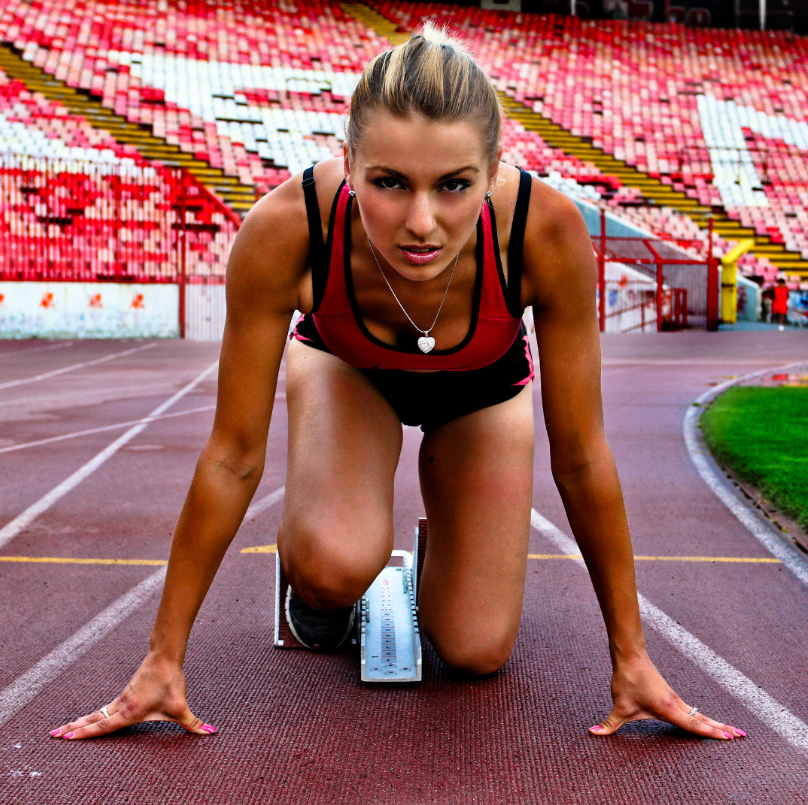The Relationship Between Mindset and Athletic Success
In the competitive world of sports, athletes constantly seek an edge over their opponents. While physical training and technical skill are critical components of athletic success, an often underexplored factor is the role of mindset. Psychological resilience and a positive mental attitude can dramatically influence an athlete’s performance and overall career longevity. This blog delves into how mindset impacts athletic success and offers strategies to cultivate a winning mental framework.
The Power of Mindset in Sports
Growth vs. Fixed Mindset: Research by renowned psychologist Carol Dweck has introduced the concepts of growth and fixed mindsets, which are pivotal in understanding an athlete's performance. A growth mindset believes that abilities can be developed through dedication and hard work. This view creates a love of learning and resilience essential for great accomplishment. Conversely, a fixed mindset assumes that abilities are static, which can hinder progress and resilience.
Mental Toughness: Building Resilience: Mental toughness is often sought by athletes looking to enhance their resilience and ability to cope with difficult situations, both in training and competition. It involves maintaining focus and confidence despite the setbacks or pressures that come during high-stakes moments. Developing mental toughness is about enhancing an athlete's capacity to remain determined, focused, confident, and in control under pressure. This trait is not innate; it can be cultivated through systematic mental training, exposure to challenging situations, and learning effective coping strategies.
The Role of Self-Talk: Athletes with a growth mindset engage in positive self-talk, which reinforces their confidence and ability to handle pressure. This form of internal dialogue can influence their approach to training, competition, and recovery. Research indicates that positive self-talk is linked to improved performance, suggesting it's a crucial component of an athlete's mental toolkit.
Strategies to Enhance Athletic Mindset
Setting Realistic Goals: Goal setting is a fundamental aspect of sports psychology. Effective goal-setting strategies enable athletes to maintain focus and motivation throughout their training regimes. It’s essential for athletes to set SMART (Specific, Measurable, Achievable, Relevant, Time-bound) goals to track their progress and maintain their drive.
Visualization Techniques: Visualization or mental imagery enhances the mental aspect of training by creating a rich sensory experience where the athlete imagines achieving their goals. Implementing visualization techniques like guided imagery meditation can improve concentration, increase mental function, and manage anxiety levels during crucial moments of performance.
Embracing Challenges: Athletes with a growth mindset thrive on challenges. Viewing challenges as opportunities to improve rather than obstacles is fundamental in sports. Encouraging athletes to embrace rather than avoid difficult situations can foster resilience and a more persistent work ethic.
Continuous Learning: The pursuit of mastery is never-ending. High performers know that there is always room for improvement. They seek feedback, learn from failures, and continuously push the boundaries of their capabilities. This relentless pursuit not only leads to better performance but also ensures constant personal and professional growth.
The mindset of an athlete is as crucial as their physical fitness. Coaches and psychologists play a significant role in developing these mental skills that complement physical abilities. For athletes, parents of athletes, and sports professionals, understanding and nurturing these psychological components can lead to remarkable achievements in the sporting arena.
At our clinic, we equip athletes and high performers with the mental tools to succeed. Our team of psychologists, psychotherapists, and mental performance consultants work with athletes of all levels, helping them reach peak performance. For more information on how we can assist in transforming your mental approach to sports, book a complimentary intake consultation call with our Clinic Coordinator.
By fostering a strong and adaptable mindset, athletes can unlock new levels of performance and achieve their full potential. The mind is powerful—train it with as much diligence as you train the body.
References
Devroy, D. (n.d.). Visualization in sport and exercise. Retrieved from https://www.drdevroy.com/visualization-in-sport-and-exercise/#:~:text=When%20individuals%20visualize%20themselves%20achieving,mindset%20associated%20with%20peak%20performance
Farnam Street. (n.d.). Carol Dweck: A Summary of Growth and Fixed Mindsets. Retrieved from https://fs.blog/carol-dweck-mindset/
Hatzigeorgiadis, A., Zourbanos, N., Galanis, E., & Theodorakis, Y. (2011). Self-Talk and Sports Performance: A Meta-Analysis. Perspectives on Psychological Science, 16(4), 589–607. https://doi.org/10.1177/1745691620966781
